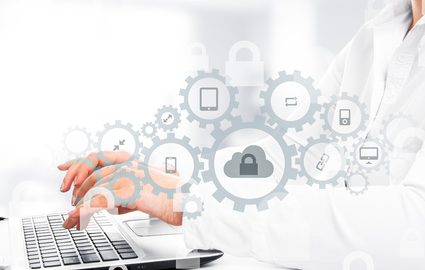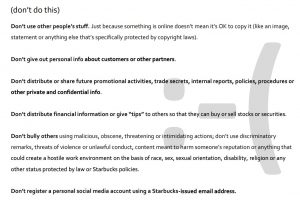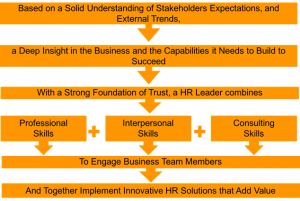The Internet has its tenterhooks into everything. Large businesses have IT Departments that use sophisticated techniques to keep their data safe, but if you run a small business, you probably have limited technical resources. Still, there is a lot you can do to secure your financial data, and it’s a really good idea to do just that. Hackers can steal your data or drop malware into your website. In some cases, you may have to pay ransom to get your website working again. Here are five tips to help keep your business data secure:
Secure your network:
You need to be able to discourage hackers while maintaining the functionality you need to do your business. Your WiFi must be encrypted and password protected. Hackers often do mischief by packaging malware within comments or email they send to your website. You need a physical or site-level firewall to control access, and a continually executing malware identification and removal program to keep out Trojan horses, spam links and so forth. If you use a commercial webhost like GoDaddy, review your security status and upgrade it where necessary.
Control your online purchases:

If you purchase from an insecure site, there is a chance the data will be intercepted or otherwise misused. You might not have a fancy purchasing department, but you can set some rules regarding who you purchase from. Only purchase from trusted sites – ones you’ve dealt with in the past, or, if a new site, one that uses a reputable payment processor, like Google Checkout or PayPal. Always ensure you see the padlock icon on your browser to verify you are looking at a safe page.
Monitor your credit report:
Your business’ credit report will tip you off right away to fishy transactions. You should make arrangements to get fresh copies of your credit reports at least once a month. It’s worth the money. When you receive them, check them over for hinky items that may indicate identity theft. If you find these, contact your bank, the credit card issuer (if applicable) and the credit bureau right ways. You might also need to change account numbers and passwords.
Be careful with your email:
Phishing is big business and the crooks are getting better at it all the time. Your email provider is your first line of defense, alerting you to suspicious email and quarantining it in a spam inbox. Beware emails that ask you to click a link to fix some problem or claim a reward – it’s probably a ruse to load malware onto your computer or direct you to a malicious website. Never include private information, such as account numbers or tax ids, in your emails. If you get an email from a supposedly trusted source asking you to take some action, do not respond to the email. Instead, contact the company by phone or separate email to verify the situation.
Set banking alerts:
You should closely monitor your business checking account for suspicious activity. If you use a program like QuickBooks, download and review your transactions daily. Use a bank that offers account alerts, such as when a withdrawal or payment exceeds a certain amount, of if your balance falls below a given figure.
If you take suitable precautions, you can take advantage of all the efficiencies the Internet provides without undertaking undue risk.
Business & Finance Articles on Business 2 Community(26)
Report Post



